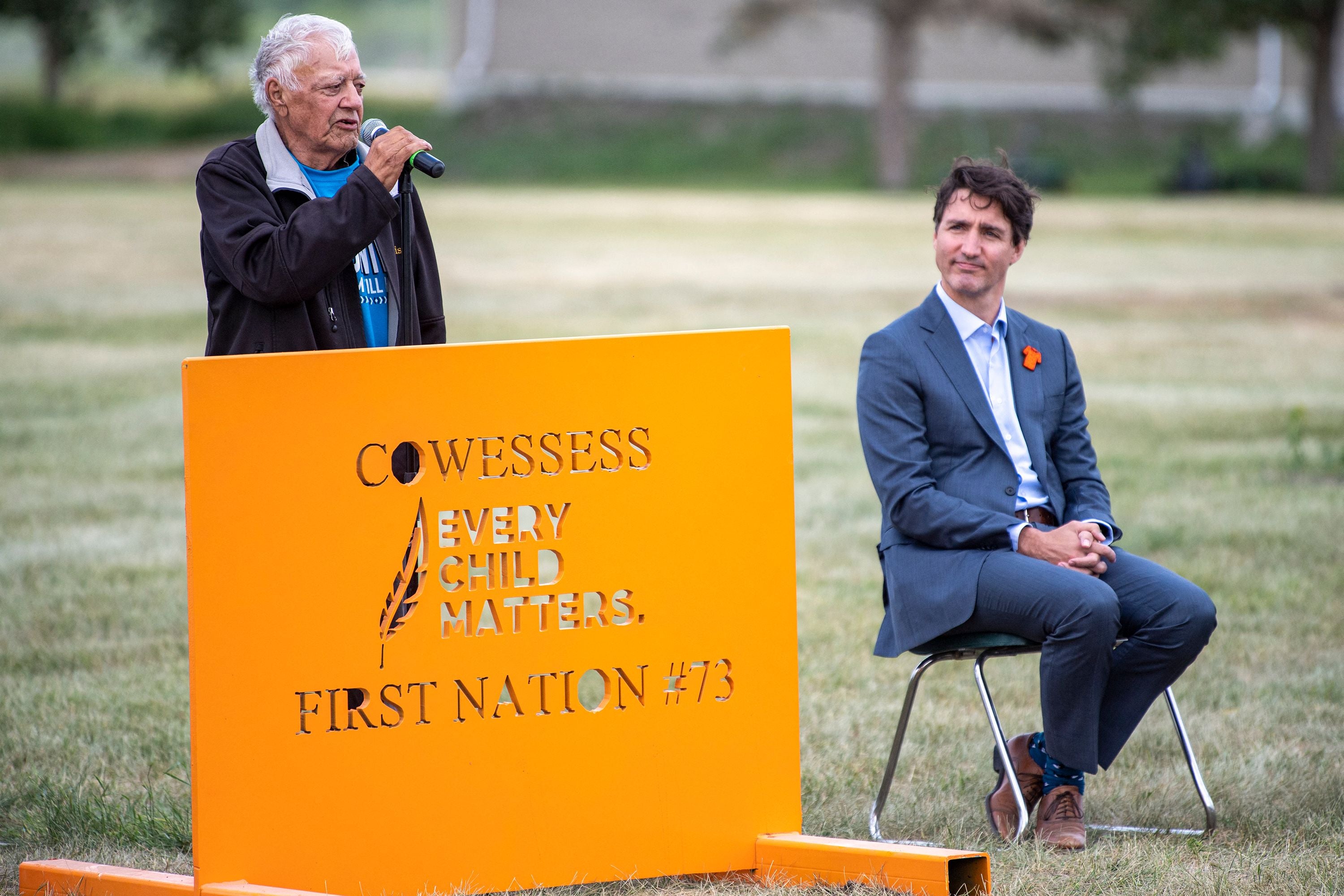Canadian government agrees to pay £29.5bn over indigenous children discrimination
About half of the funds will be used to compensate children who were removed, and their families

The Canadian government announced on Tuesday that it has reached the largest settlement in country’s history as it allocated funds worth C$40bn (£29.5bn) to addressing discrimination among indigenous children and to monetarily compensate them starting 2022.
Indigenous Services Canada said the global resolution was meant to compensate those “harmed by discriminatory underfunding of First Nations Child and Family Services and to achieve long-term reform of the First Nations Child and Family Services program and Jordan’s Principle, to ensure that no child faces discrimination again”.
Under the settlement, C$20bn will be paid out to “First Nations children on-reserve and in the Yukon, who were removed from their homes between April 1, 1991 and March 31, 2022, and for their parents and caregivers”, the official statement read.
“This also includes compensation for those impacted by the government’s narrow definition of Jordan’s Principle between December 12, 2007 and November 2, 2017, as well as for children who did not receive or were delayed receiving an essential public service or product between April 1, 1991 and December 11, 2007,” it added.
The remaining funds will be spread out over the next five years where long-term reforms of the welfare system will be carried out “to ensure discrimination found by the CHRT [Canadian Human Rights Tribunal] never repeats itself”.
This entails financing support for young First Nations adults who will be stepping out of the child welfare system, and will be implemented by April this year.
The statement announced new funding for on-reserve housing to support these prevention initiatives.
Calling it a challenging time, the officials said in the statement: “The unmarked graves of children who attended Residential Schools, climate change emergencies and the pandemic have deepened the disadvantages that many First Nations families and communities face.”
Canada’s census data from 2016 shows that while less than 8 per cent of children under 14 constitute as Indigenous, more than 52 per cent land in foster care.
The agreement by the federal administration comes almost 15 years after the First Nations Child and Family Caring Society lodged a human rights complaint.
According to the Canadian Human Rights Tribunal, discriminatory practices by child and family services against First Nations children have been repeatedly registered.
Subscribe to Independent Premium to bookmark this article
Want to bookmark your favourite articles and stories to read or reference later? Start your Independent Premium subscription today.

Join our commenting forum
Join thought-provoking conversations, follow other Independent readers and see their replies